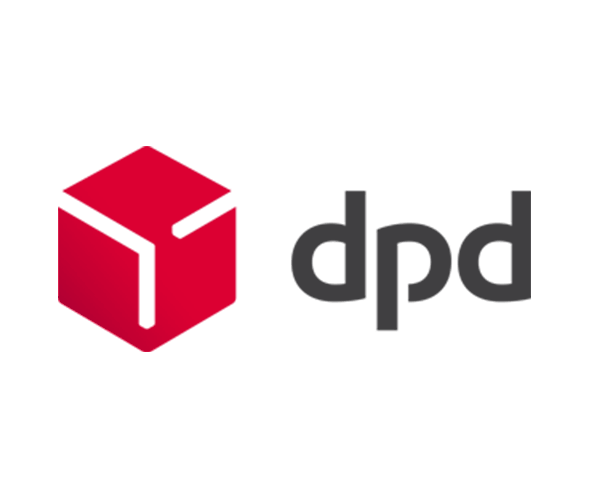With our carrier comparator, you can benefit from a wide range of low rates for your mail and parcel shipments in Europe with DPD transport.
DPD is the leading provider of express delivery services for parcels under 30 kg in France and in Europe. Dpd offers 3 delivery options to send your parcels. You can use our carrier comparator to choose the offer that best suits your needs, ideal for express or standard parcel delivery. (24h or 48h).
For your international shipments of parcels, take advantage of lower negotiated rates with Upela.
Prohibited goods with DPD
Some goods are dangerous and therefore cannot be delivered or stored with certain carriers in order to ensure their safety.
DPD therefore does not allow :
- Goods prohibited by national and international legislation
- Goods that are dangerous to humans
- Goods packed in a dangerous manner
As well as :
- Jewellery, stones, precious metals
- Coins and banknotes
- Means of payment (credit cards, uncrossed cheques, etc.)
- Furs
- Works of art (sculpture or painting, antiques, paintings, curiosities or collectors' items)
- Publications prohibited by law
- Alcohol (except alcoholic drinks)
- Perishable or frozen foodstuffs
- Plants, flowers and other vegetation, perishable biological material (infectious or non-infectious)
- Animals, dead or alive
- Drugs prohibited by law
- Firearms
Refused parcels from DPD
- Damaged packaging
- Inappropriate packaging : the packaging must be adapted to the characteristics (size and weight) of the product
- No packaging
- Insufficient packaging : protect your parcel against falls or shocks.
- Wet or leaking packaging
- Protruding parts : they can damage other parcels and cause injuries
- Packages strapped together : these packages cause blockages in the machines
Packing tips from DPD
- Good quality packaging : packaging is one of the most important tools in the delivery of a parcel, both from an aesthetic and a commercial point of view. The packaging must be in good condition, resistant, during transport, it depreciates. It is therefore essential to have quality packaging to protect the products inside.
- Adapt the size of the packaging to its contents : the packaging and the contents must match : the size must be adapted to the product. (If the parcel is heavy and the packaging light, it would be damaging to it / It is therefore wise to have a solid packaging).
- Place the goods well : to pack a shipment successfully, it is important that the goods are well positioned to avoid risks (shocks, humidity, temperature problems, or falls).
- Check the weight : DPD accepts parcels up to 30kg (and 20kg for the DPD Relay and DPD Return services). The label must show the weight of the package.
- Close the parcel carefully : to close your parcel, use scotch tape : strong and resistant. Do not use other adhesives that could hinder the transport of your package.
- Carefully stick the label on : you must stick the label carefully and clearly on the top of the parcel. Do not cover the label with adhesive once the barcode has been affixed.
Learn more about DPD
DPD was created over 20 years ago and is a subsidiary of the DPDgroup. No. 2 in Europe, it is a transport and delivery company for international parcels weighing less than 30kg, mainly positioned on the road express market, and is intended for services for companies. (DPDgroup belongs to the La Poste Group).
DPD France has 20,000 customers; 409 million euros in turnover (2015), 320,000 parcels per day delivered in France. DPD handles the collection, transport, tracking and delivery of your parcels and documents thanks to its 2,000 employees, 6 sorting centres and 56 agencies throughout France.
What does DPD mean?
The German company DPD (acquired by the French Post Office in 1999) was originally founded in 1977 and was named "Deutscher Paketdienst", which means "German Parcel Service". In 2008 DPD became "Dynamic Parcel Distribution" as part of a dynamic of internationalisation of the brand. In the same year, the La Poste group welcomed the British company Parceline into its group, and gradually continued its various acquisitions in the courier networks in Spain, South Africa, India, Hong Kong, etc.
